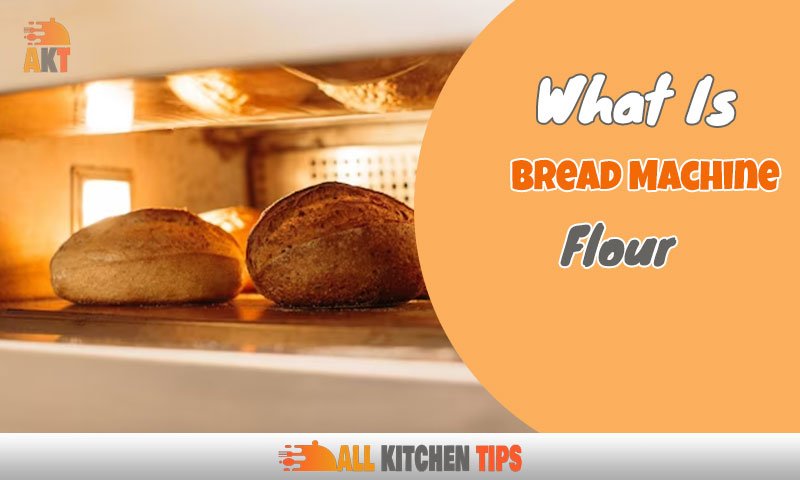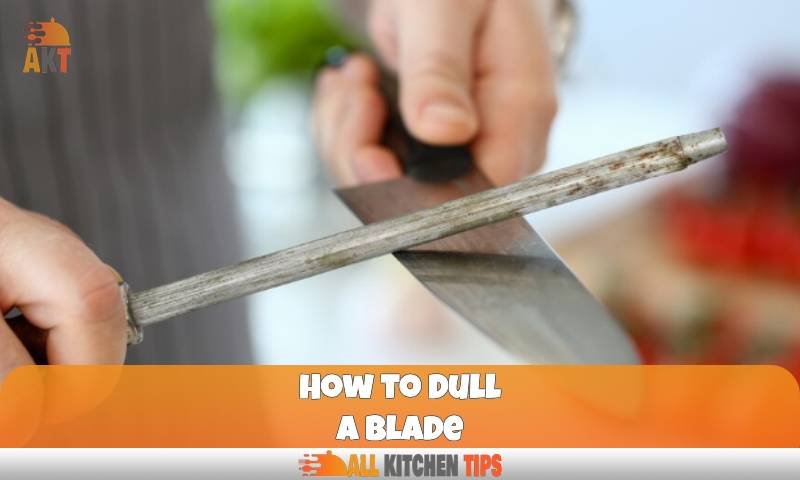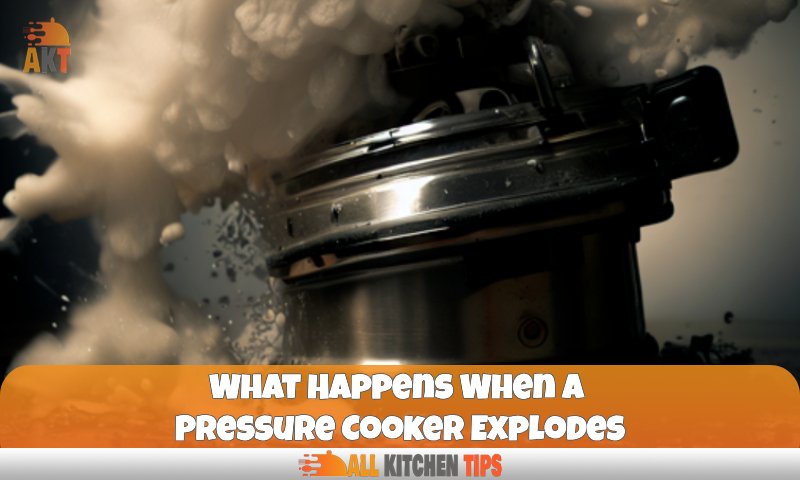Have you ever been in the middle of a baking session, only to realize that your recipe calls for something called ‘bread machine flour’ and you don’t know what it is? Don’t worry; you’re not alone. Bread machine flour is a special type of flour used for baking bread in a bread machine, and it can be hard to find.
But don’t let the mystery of bread machine flour get in the way of your warm, delicious bread dreams. You’re about to learn exactly what bread machine flour is, as well as why it’s different from other types of flours and how it performs differently depending on its usage. So let’s dive in and uncover this mysterious ingredient so that you can start baking your favorite breads with ease.
Introduction to Bread Machine Flour
If you’ve ever tried baking bread in a bread machine, you may have noticed different types of flour to choose from. What is bread machine flour, and how does it differ from regular all-purpose flour?
To understand the difference, it helps to understand how bread machines work. Bread machines consist of a bread pan and one or more kneading blades. The right type of flour is important because different types of flours contain different amounts of proteins.
Bread flour has a higher protein content, which allows for higher rising breads. This is ideal for making a big loaf of bread in the machine. All-purpose flour can be used in bread machines, though the bread may not rise as high. Keep this in mind when selecting the type of flour for your next loaf.
What Is Bread Machine Flour?
Bread Machine Flour is specifically designed for use in bread machines. It is usually a high-protein flour—often with protein levels of 11.7%—which helps to achieve that wonderfully fluffy and well-risen loaf.
However, it has many names, which can cause some confusion. Bread machine flour is usually either All-Purpose or bread flour, so make sure you check the label on the packaging carefully before you buy it. Whole wheat flour can also be used in a bread machine, but be aware that yields and textures can differ significantly when different types of flours are used in the same recipe.
So now that you know what bread machine flour is and why it’s different from other types of flours, it’s time to start baking your own delicious fresh bread.
Benefits of Using Bread Machine Flour
If you’re wondering what the fuss is all about, then you’ve come to the right place. Bread machine flour has some clear benefits over regular all-purpose flour, and it’s easy to see why it’s gaining popularity.
Higher Amount of Protein and Gluten
Bread machine flour stands out from regular all-purpose flour because of its higher protein and gluten content. Bread flour has between 12-14% protein while all-purpose flour has between 8-11%. The higher amount of protein and gluten in bread machine flour creates dough with more elasticity, which translates into better structure and air pockets in the finished product.
More Control Over Ingredients
Bread machines allow you to control the ingredients used, making it a healthier alternative to shop-bought bread. You get to choose the type of grains used, whether your bread will be gluten-free or vegan-friendly, and even include other ingredients like nuts and seeds if desired.
Overall, bread machine flour is the obvious choice for anyone wanting more control over the ingredients they use and a loaf with quality structure.
The Difference Between Regular and Bread Machine Flours
Do you know what makes bread machine flour so different from regular flour? Essentially, bread flour has a higher protein content. It’s also milled differently, which affects its gluten range.
Here’s the breakdown: Regular all-purpose flour has about 8-10% protein content, while bread machine flour, or bread flour, has a gluten range of 10% to 13%. That higher protein content affects how the dough rises and how much structure it will have—things that help give breads their delicious textures.
In terms of milling, regular all-purpose flour is usually milled both hot and cold to keep natural oils in the mix. On the other hand, bread machine flours are milled at lower temperatures, which means more starches make it through, giving it an extra boost with gluten for better structure.
What’s also interesting is that you can use either kind of flour interchangeably—so if a recipe calls for “bread machine flour” but you only have all-purpose around, go ahead and use it. Just keep in mind that the texture might be slightly different due to the lower protein level.
Tips for Baking With Bread Machine Flour
When it comes to baking with bread machine flour, there are a few pro tips for getting the best results.
First, try to get the dough as cold as possible before you put it in the oven; this makes the dough more elastic and gives it better structure. To do this, put the dough back in the fridge after you shape it, and try to keep the oven temperature low.
Second, use a combination of flours for greater control over the final product. For example, you could use a mix of whole wheat and bread machine flour. This gives you a stronger gluten framework, which could lead to a denser, slightly heavier loaf.
Finally, don’t be afraid to experiment. You can use a variety of flours, nuts, seeds, and other ingredients to create an endless array of tasty loaves.
Baking with bread machine flour might require a bit of trial and error, but if you follow these tips, you’ll be well on your way to perfecting your craft. From there, it’s just a matter of finding the perfect balance of ingredients and techniques to make a delicious loaf to share with friends and family.
Where to Buy Bread Machine Flour
For those just starting out with bread machine flour, don’t fret. There are plenty of options available to choose from, and most standard grocery stores will carry bread machine flour. Look for brands labeled “high-gluten” or “baker’s flour” for the highest protein content.
You can also buy organic bread machine flours that are milled from organic wheat, which is grown without the use of harmful chemicals, additives, or pesticides. Organic bread flour has a slightly different texture than its conventional counterpart and must be used with an adjustment in the recipe. Organic wheat is usually harder, which means that you may need to use a bit less liquid while kneading the dough.
Finally, if you’re really serious about the art of bread making, there are specialty companies like King Arthur Flour that make unbleached, unbromated bread flour with high gluten levels. This type of flour is ideal for breads that require a strong structure, like French-style baguettes.
No matter which type of flour you choose, baking with bread machine flour is an art form that requires patience, practice, and a passion for perfection. With a little know-how, you’ll be able to craft loaves that not only look beautiful but also taste incredible. So don’t be intimidated and don’t be afraid to get creative; success is just a few steps away.
People Also Like: Revealing How Long Toaster Ovens Last: Surprising Longevity
Conclusion
In conclusion, bread machine flour is a type of flour designed specifically for use in bread machines. It is finer and has more protein than all-purpose flour, which gives it the structure and texture that will help your breads rise. Additionally, bread machine flour is made with a combination of both wheat and non-wheat flours to achieve the perfect flavor, texture, and consistency.
Bread machine flour is a great option for bakers of all skill levels, and is the ideal choice for making delicious breads in a bread machine. It’s easy to use and ensures your breads will turn out perfect every time. Whether you’re a novice baker or a professional chef, bread machine flour is the perfect choice for all your recipes.





